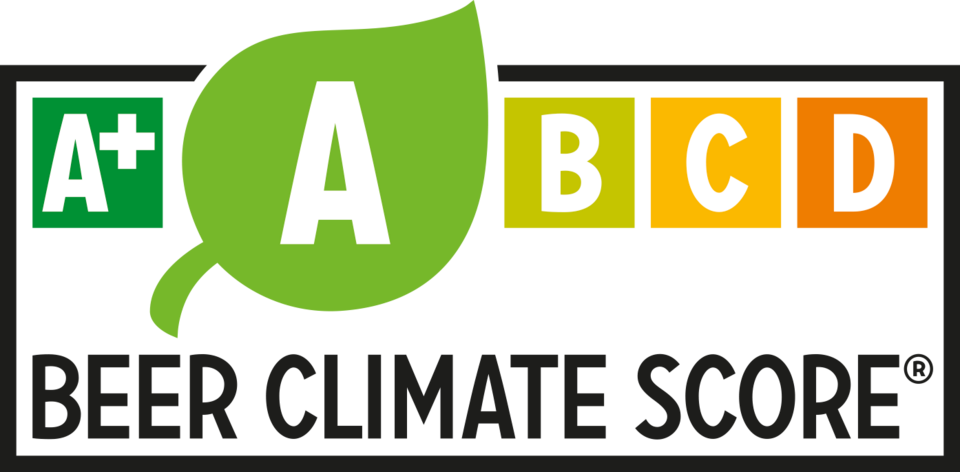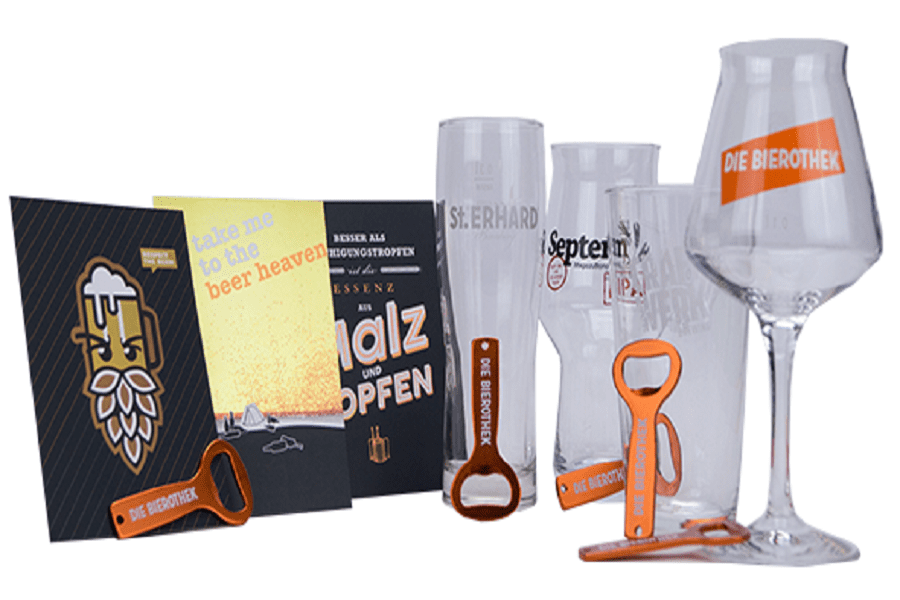Bierothek® Magazin
Bierothek® develops Beer Climate Score® with university
The Bierothek® has developed a calculation tool for the CO2 emissions of beer together with the Leipzig Commercial College. Using certain parameters along the value chain, a so-called Beer Climate Score® can be determined for each beer, which offers the customer additional guidance when purchasing beer.
As part of a practical project by a group of students from the Leipzig Commercial College (HHL) under the direction of Prof. Erik Maier, the beer specialty retailer Bierothek® commissioned a four-person team of master's students this spring to examine the well-known beer retailer's value chain in order to ensure transparency the greenhouse gas emissions of the various beers. The aim was to develop an evaluation scheme that is simple and understandable for the end customer, which provides guidance on how large the relative impact of a particular beer is on carbon dioxide emissions.
In order to really cover the entire path of a beer “from the field to the glass”, the multinational student team first researched the various influencing factors that are crucial for the emission of climate-damaging CO2. They identified six stages that are also used as parameters for the final calculation - the agricultural cultivation phase, malt production, the actual brewing of beer, packaging, distribution and trade. A more in-depth investigation revealed that the two most important drivers are the type of packaging and the length of the transport route. From a climate protection perspective, refillable glass bottles are significantly superior to disposable bottles and also significantly more advantageous than cans.
“A surprising finding for us was that due to short transport routes and a high affinity for recycling - such as in Germany - the reusable glass bottle has lower CO2 emissions, but the aluminum can has an advantage over long routes and little recycling,” he said Student Marvin Blome, who was involved in the study. “Sustainability is a daily consumer decision, this applies to the choice of transport or food – and also to the choice of beer,” adds Prof. Erik Maier, who holds the chair for marketing and trade at HHL and supervised the research project . The Bierothek® will use the calculation scheme that has now been developed to successively evaluate all beers from the range and label them with the so-called “Beer Climate Score®”. “The tool developed by the students helps us a lot to make our range and individual beers transparent to our customers with regard to their impact on the climate and complements our existing sustainability efforts,” explains Bierothek® founder Christian Klemenz. At the same time, the Bierothek® also takes care of CO2 offsetting for the customer, so that they can shop in a climate-neutral manner.
The complete results of the study can be downloaded here .

























